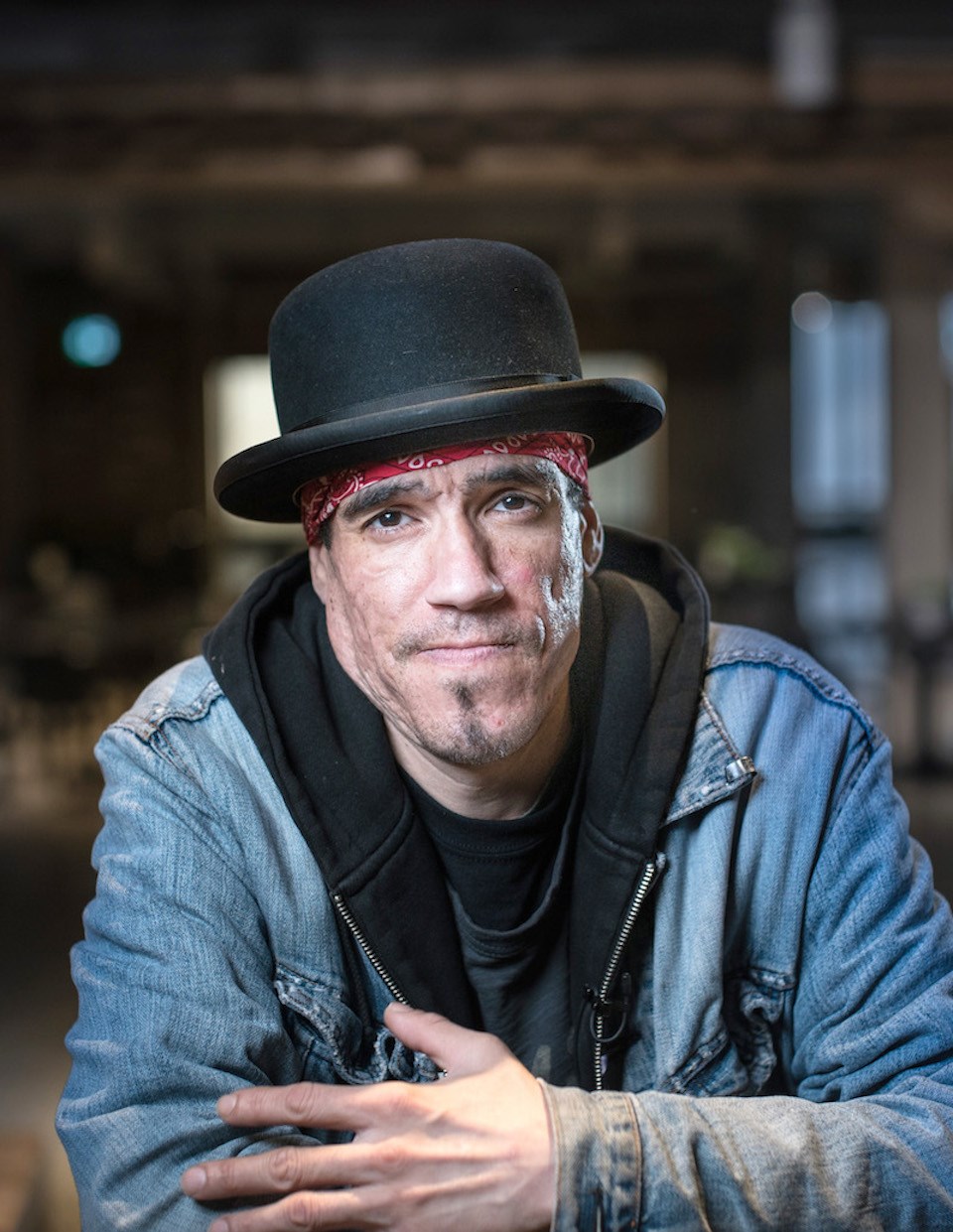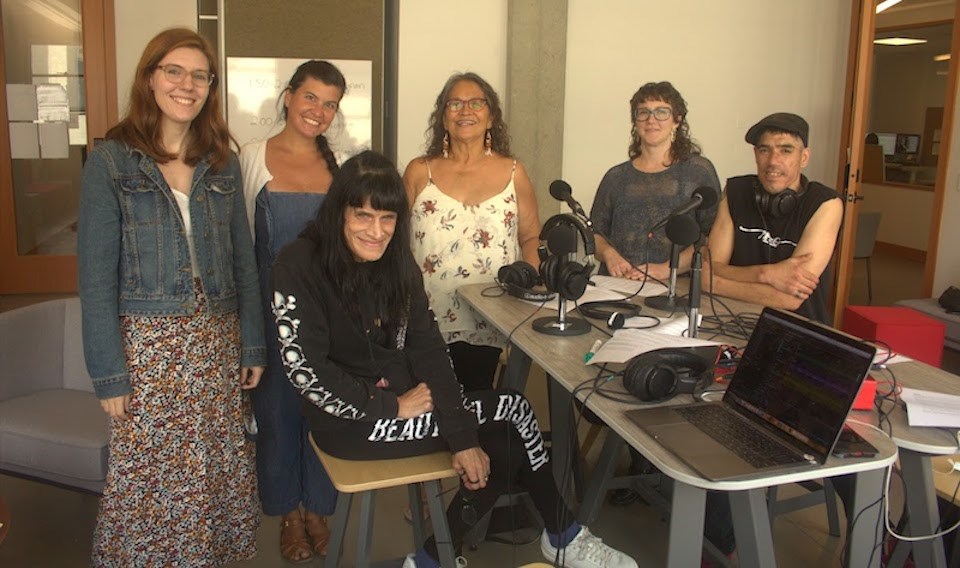It is sold on the city's streets and offers a window into the lives of individuals experiencing poverty. It also creates a source of revenue for people with low incomes or who are experiencing homelessness.
Now, Megaphone Magazine has launched the first episode of its new podcast called Voices of the Street. The publishers describe it as an "audio storytelling by people with lived experiences of poverty, substance use and incarceration."
Over the next six weeks, listeners can download the podcast to listen to episodes from a variety of people.
Four Megaphone storytellers — Nicolas Leech-Crier, Julie Chapman, Angel Gates and Yvonne Mark — were given the same prompt: explore the writing and themes from the 2021 edition of Voices of the Street that resonate with you to create an original podcast.
The storytellers then met throughout the summer of 2021 with podcasting mentor Helena Krobath and several guest mentors to learn the dynamics unique to storytelling through podcasts.

"I've worked in a lot of collaborative processes before, because I love the energy of creativity flowing from different directions to create a single moment, and this was one of those for sure...except this time I got to be the star AND the host! It was a really unique and genuinely Megaphone experience for me and, I hope, for our listening audience! Enjoy!" said Nicolas Leech-Crier, a participant in the Voices of the Street Podcast Mentorship.
The storytellers learned a range of storytelling techniques to create dynamic and thought-provoking podcasts that included audio storyboarding, vocal techniques, interviewing, audio recording, theme music and sound effects. Additionally, they personally scripted and produced their original podcasts.
"With humour, curiosity, care and thoughtfulness, episodes from this series move from intergenerational trauma and family healing, to navigating the criminal justice system as an Indigenous person, to coming to understand yourself better through the act of writing," explains Megaphone in a statement.
In the first episode, entitled "Why I Choose to Stay," Leech-Crier, 43, recites a gripping poem by the same name about why he chose to remain in the city's Downtown Eastside despite unrelenting hardship for over a decade.
Leech-Crier describes the "endlessly lonesome alley nights of rain and rage" wherein he came so close to a "tragically predictable yet preventable demise."
Now, he is a coordinator and facilitator for the Speakers Bureau at Megaphone and just recently his title was upgraded to Storytelling and Community Networking Liaison. His gift for storytelling is evident through his haunting description of battling addiction.
"I could write so everything else in my life has come down to depending that as a means to getting by," explained Leech-Crier during the podcast, adding that "the reason I'm still here today and able to function is I figured this what I'm supposed to do. Stay and just keep fighting and showing love.
"The way you show love is to fight, in my belief."
Visit Megaphone online to listen to and learn more from the storytellers who have drawn on the wisdom of their lived experience and leaned into experimenting with audio storytelling.
The Voices of the Street podcast is a six-part series for Below the Radar, curated and hosted by participants of Megaphone’s Speakers Bureau.



